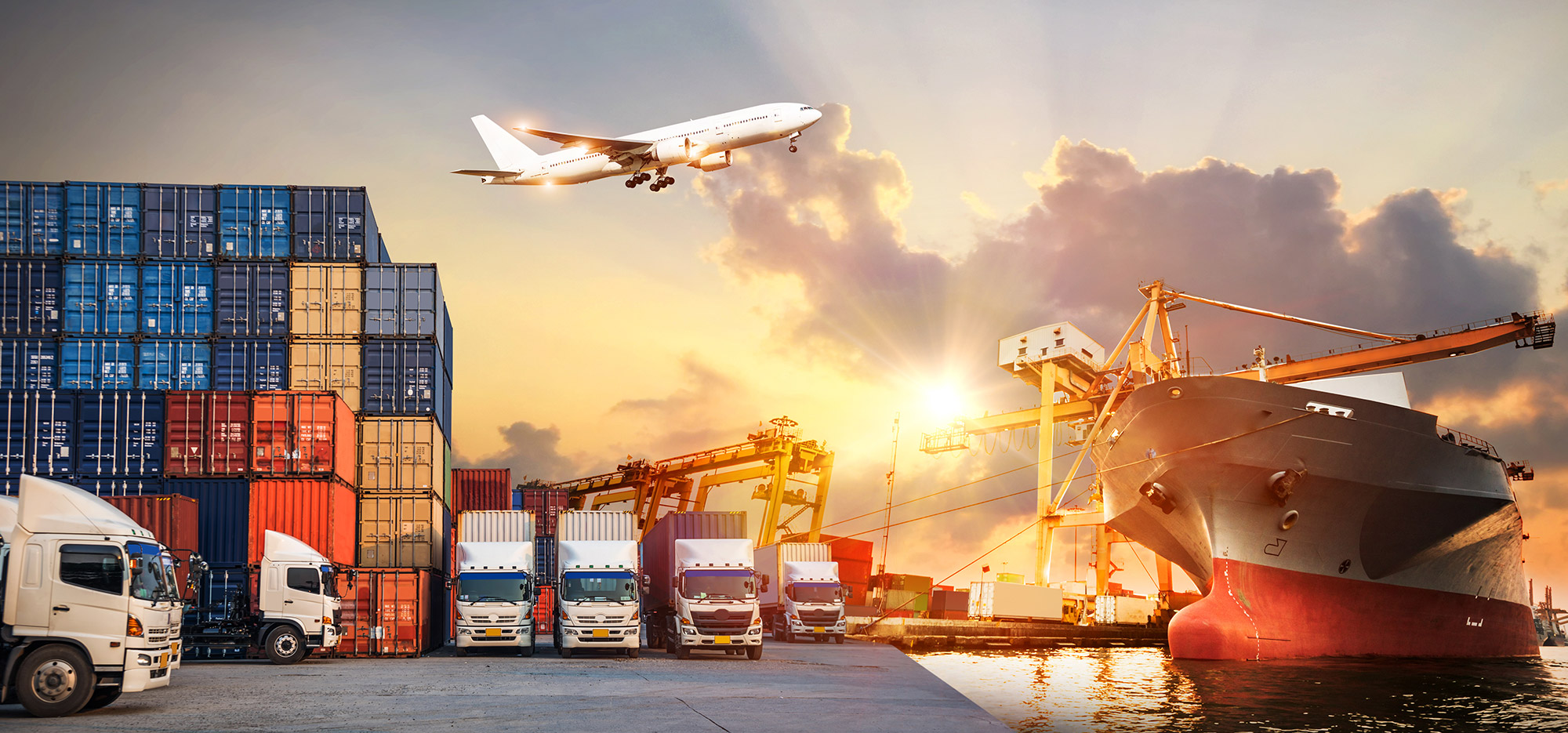
Welcome to the world of shipping, where the vast seas and skies serve as the infrastructure for global commerce. Whether you are a seasoned importer/exporter or a budding entrepreneur looking to venture into international trade, understanding the intricacies of sea and air shipping is crucial for success. From cargo consolidation to choosing the right forwarder, the decisions you make can impact the efficiency and cost-effectiveness of your supply chain operations.
Navigating the complex landscape of shipping involves considering various factors such as transit time, costs, customs regulations, and logistics strategies. As businesses increasingly look to harness the opportunities presented by global markets, optimizing shipping processes has become a key differentiator in achieving operational excellence. With China emerging as a powerhouse of manufacturing and trade, exploring the intricacies of China shipping and leveraging the services of reputable forwarders in locations like Singapore are pivotal steps in streamlining your import and export operations.
Top Shipping Strategies
When it comes to sea shipping, one effective strategy is to utilize package consolidation services. This involves combining multiple shipments into one larger shipment, reducing overall costs and streamlining the shipping process. By working with a reliable forwarder, you can ensure that your goods are consolidated efficiently and reach their destination in a timely manner.
For businesses looking to import goods from China, partnering with a reputable China forwarder is key. Sea shipping understand the complexities of international shipping and can offer valuable insights into optimizing your supply chain. Leveraging the expertise of a China forwarder can help you navigate customs regulations and ensure smooth transit of your products.
For urgent shipments or time-sensitive deliveries, air shipping is the way to go. While typically more expensive than sea freight, air freight offers a quick and reliable transit option. By working with a trusted air freight provider, you can ensure that your goods are transported efficiently and reach their destination on time.
Key Considerations for Successful International Shipping
When embarking on international shipping, it is crucial to carefully assess your sea shipping options. Understanding the different sea freight and air shipping services will help you determine the most cost-effective and efficient shipping solutions for your import and export goods. Engaging with reliable forwarders in China and Singapore can streamline the shipping process and ensure timely delivery of your packages.
Another important consideration is package consolidation. By consolidating your shipments, you can reduce costs significantly and minimize the risk of delays or damages during transit. Working with experienced forwarders who offer package consolidation services can help you optimize your shipping strategy and maximize the efficiency of your supply chain operations.
Lastly, effective communication with your chosen forwarders is key to successful international shipping. Clear and constant communication regarding shipping requirements, timelines, and any potential challenges will help you avoid misunderstandings and ensure a smooth shipping process. Developing a strong partnership with your forwarders in China and Singapore will enhance collaboration and ultimately lead to successful fulfillment of your shipping needs.
Choosing the Right Forwarder
When it comes to selecting the ideal forwarder for your shipping needs, it's crucial to consider factors such as experience, reliability, and track record. Look for a forwarder that specializes in the type of shipping you require, whether it's sea freight, air freight, or a combination of both. A forwarder with a proven history of successful shipments can give you peace of mind knowing that your goods are in good hands.
Another important aspect to evaluate is communication and responsiveness. Effective and clear communication with your forwarder is key to ensuring a smooth shipping process. Make sure the forwarder you choose is responsive to inquiries, updates you promptly on shipment status, and is readily available to address any concerns or issues that may arise. This level of communication can make a significant difference in the overall efficiency and success of your shipping operations.
Lastly, consider the geographical reach and network of the forwarder. If you frequently ship goods to or from specific regions, such as China or Singapore, selecting a forwarder with a strong presence in those areas can offer valuable advantages. A forwarder with well-established connections in key locations can help streamline the shipping process, reduce transit times, and potentially lower costs.
